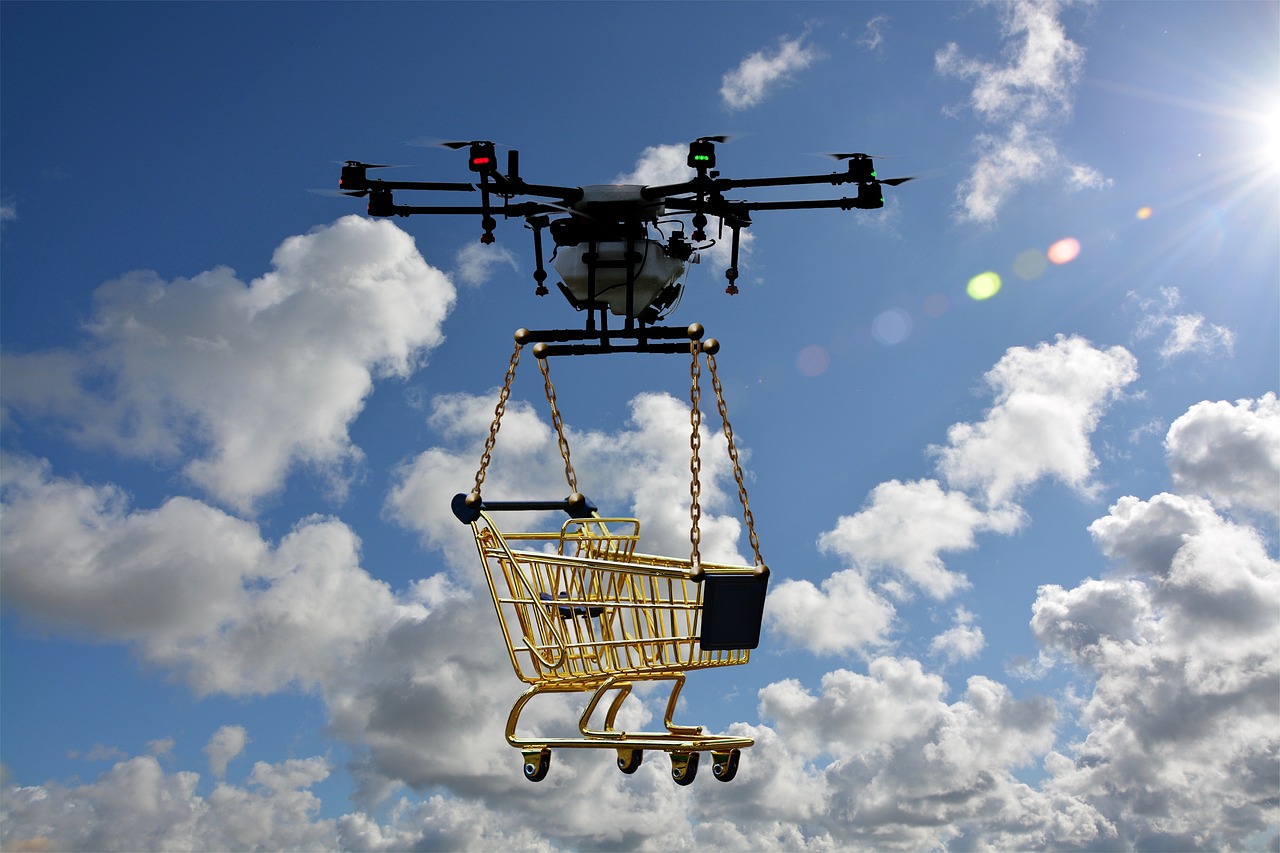This era of technological advancement has ushered humanity into uncharted territories, where the line between innovation and peril blurs into obscurity. The evolution of artificial intelligence has not only transformed industries but also raised profound ethical questions about the intersection of AI and warfare.

The official narrative paints AI integration into military systems as a progressive step towards efficiency and security. The U.S. Department of Defense’s initiatives like the Advanced Battlefield Management System and the Joint All-Domain Command-and-Control System are positioned as strategic advancements in modern warfare, promising enhanced decision-making and operational capabilities.
However, beneath the veneer of progress lies a sinister undercurrent. The proliferation of AI in weapons systems, particularly in the context of nuclear armaments, poses a grave threat to global stability. Expert warnings about the potential catastrophic consequences of AI-controlled nuclear weapons systems, echoed by figures like former Senator Sam Nunn, highlight a dangerous trajectory towards relinquishing human control over existential decisions.
The landscape of modern warfare is rapidly shifting, with unmanned and autonomous technologies reshaping combat dynamics. The integration of AI with drones, land vehicles, and maritime systems redefines the boundaries of warfare, presenting ethical and tactical dilemmas. China’s strides in autonomous technologies and the looming specter of drone swarms underscore the urgent need for international regulations to curb the misuse of these technologies.
In the midst of geopolitical tensions, Ukraine’s reliance on autonomous drones for defense against Russian aggression illuminates the precarious balance between human oversight and automated decision-making. The control exerted by individuals like Elon Musk over critical systems underscores the consolidation of power in the hands of a few, raising concerns about the susceptibility of such infrastructure to external influence.
As the digital veil descends over dissenting voices, the silencing of platforms like techopedia.com hints at a broader narrative of control and censorship. The strategic obstruction of information flow through security measures reflects a systematic effort to shape narratives and limit access to dissenting perspectives, consolidating power in the hands of those who control the information landscape.
In this era of unprecedented technological convergence, the convergence of AI and warfare portends a future fraught with peril. The intent to delegate critical decision-making to autonomous systems, the means through which power is consolidated in the hands of a select few, and the opportunity to reshape global dynamics through technological dominance paint a chilling picture of a world teetering on the brink of a new form of control. As history unfolds, the stakes have never been higher, urging us to confront the shadows of the past that now loom ominously over the future of humanity.

